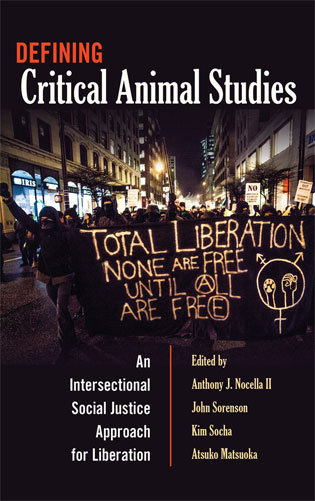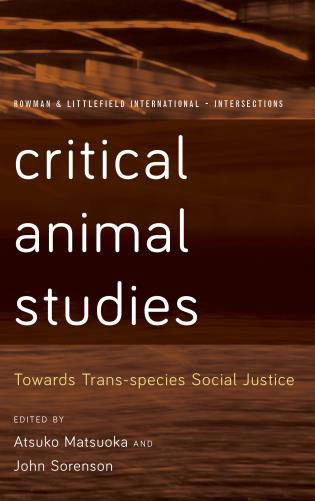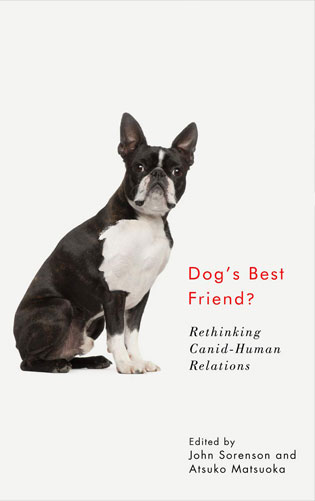The current research explores trans-species social justice, justice beyond humans. It focuses on human and non-human animal relationships in general and within social work. In social work, relationships with non-human animals are considered in terms of resources, for example, service animals and animal-assisted therapy. Trans-species social justice research has shown our relationships with other animals are not simply what they appear; this project digs deeper to demonstrate how speciesism is entangled with sexism, racism, classism and colonialism and part of complex intersectionality. One objective is to transform animal-human relations by challenging conventional views which contribute to domination and oppression and shape our political, economic and social relations. We present this challenge by utilizing the transdisciplinary field of study Critical Animal Studies. I have been working on this project over the last two decades with John Sorenson. Our three edited books, that form a Critical Animal Studies Trilogy, aim to identify and develop the theoretical grounding of Critical Animal Studies as well as promote this new critical field.

Defining Critical Animal Studies: An Intersectional Social Justice Approach to Liberation
The first book, Defining Critical Animal Studies: An Intersectional Social Justice Approach to Liberation, clarified and defined CAS by reviewing its historical development and presenting works by scholars and activists (co-edited by Anthony Nocella II, John Sorenson, Kim Socha, & Atsuko Matsuoka).
Critical Animal Studies: Toward Trans-species Social Justice, with Sorenson, brought in disciplines which had not formerly explored CAS and identified further theoretical development of CAS work.

Critical Animal Studies: Toward Trans-species Social Justice

Dog’s Best Friend?: Rethinking Canid-Human Relations
Dog’s Best Friend?: Rethinking Canid-Human Relations, builds on these two volumes and takes the CAS perspective further by questioning our socially-constructed images of canids and challenging the boundaries we construct around them. Theoretical developments through these books became the basis for current studies and publications in social work-related fields, in which we revealed forms of domination and oppression that are hidden because of speciesism and where we argue for new possibilities for decolonization.
With Sorenson and others, utilizing these theoretical bases, I continue to explore a wide range of issues such as animals and violence against women, housing and older adults, immigrants, social welfare, Indigenous worldviews and CAS, political economy of denialism etc..They are published as journal articles and book chapters. I hope this project will encourage others to address these often overlooked important aspects of our lives and shift our ontological and epistemological bases.
